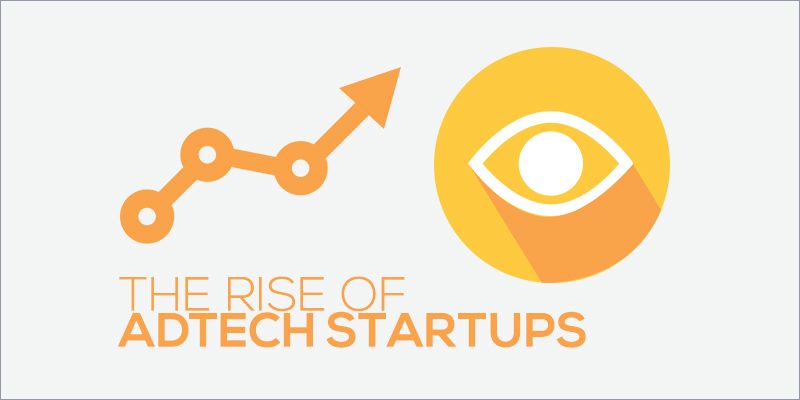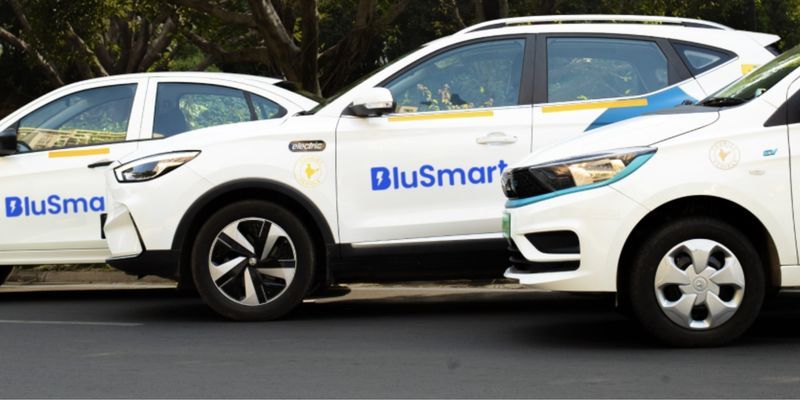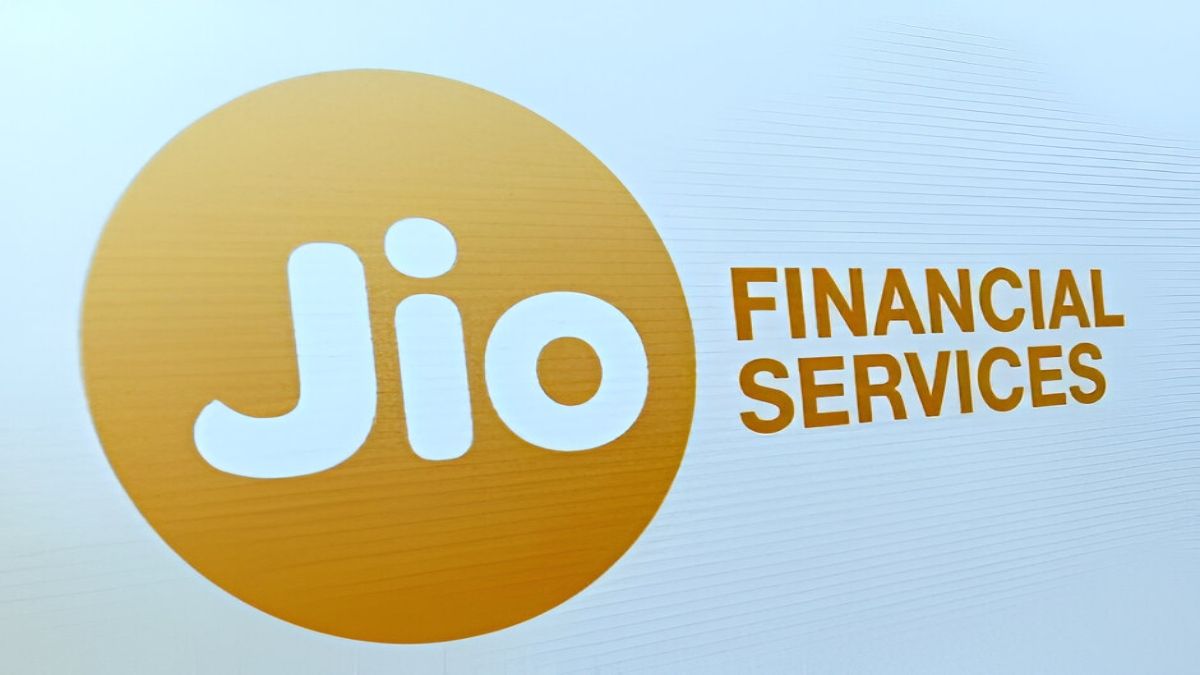How adtech startups are gearing up for the big game
Although traditional media – including print, TV and radio -- still holds strong ground in the India, digital advertising is catching up fast and is expected to beat traditional media in the next couple of years.
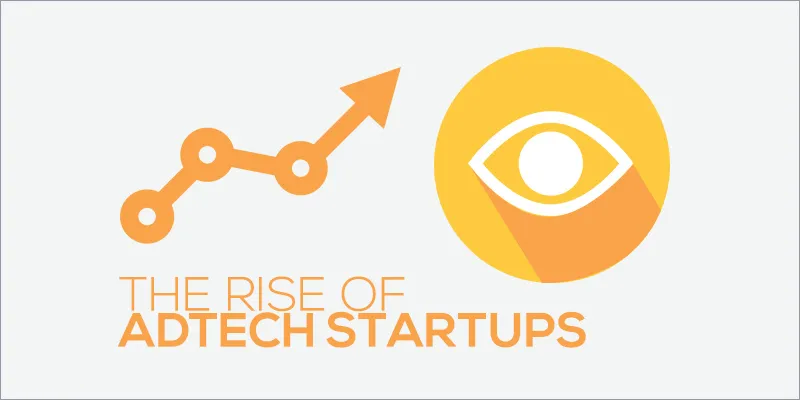
According to a report by GroupM, a global player in digital advertising, the advertising revenue in India will touch $8.1 billion (approximately INR 49,000 crore) in 2015, a 12.6% growth over 2014.
The numbers on the FICCI-KPMG Advertising in India Report 2014 (table 1) make this upcoming shift quite evident. The pace at which startups are innovating in the advertising space is proof that this is a hot sector to be in.
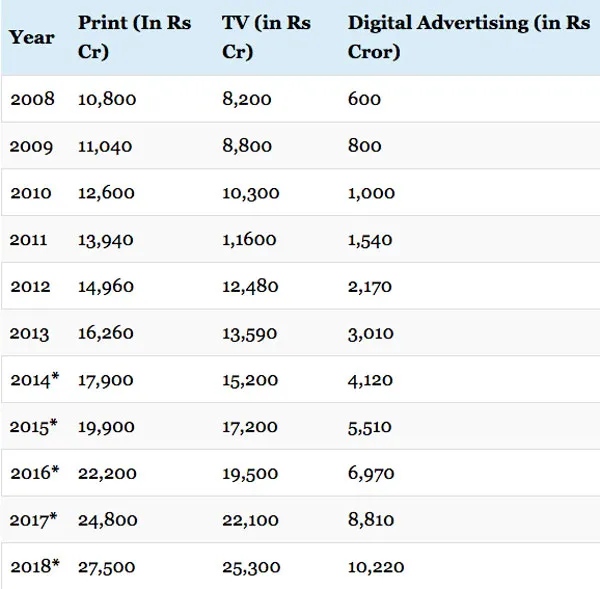
What’s happening in the ecosystem?
Almost four out of 10 startups I stumble across these days, especially in Pune, are in the adtech space. This could be due to the influence of large, established digital advertising companies like Google, Yahoo!, Amazon, Pubmatic, and Komli, which create enthusiastic entrepreneurs with subject expertise.
Aditya Bhelande is one of them.
When he decided to quit Pubmatic, after working for four years in the space, he had enough knowledge about where the gaps were, and didn’t need to think twice about what pain point his startup would address.
“I had worked with publishers and ad networks across the North America and Europe. It gave me the ability to really understand their business challenges,” said Aditya.
He founded YuktaMedia in March 2014. The Pune-based advertising analytics platform helps publishers and ad networks get insights across different channels (display, video and mobile). By doing this they are trying to address the big data challenge in advertising by combining the power of automation with expert analytics to make sense out of ad data. The product is called Kavi Humanalytics.
Another Pune-based startup, Sokrati, has made its mark in the adtech industry.
Founded by former Amazon employees, Ashish Mehta, Santosh Gannavarapu and Anubhav Sonthalia, the company offers an integrated marketing platform for marketing across various devices and online channels such as search, social and display advertising. With over 3,000 marketers on the platform already, Sokrati is one of the largest partners for Google and Facebook.
“The sector has grown significantly in the last few years, thus making things a lot more lucrative to startup in the space now. Further, the technology adoption in the sector is increasing thus making interesting opportunities for startups,” said Anubhav.
Where are the adtech opportunities?
- Programmatic selling and buying will continue to increase in years to come. (Programmatic advertising encompasses an array of technologies that facilitates real-time bidding, decision-making, placement and purchase of ads.) Programmatic advertising companies will enable smart and intelligent buying at scale.
- Identifying and eliminating ad fraud has become one of the top priorities of adtech companies. There are a number of initiatives that the industry has sponsored, out of which some have led to interesting innovations around solving the ad fraud problem.
- Control and use of data is another big area that is being addressed. The next stage is going beyond just showing data to the publishers and advertisers, and getting more actionable recommendations and predictions.
- Different types of mobile and video ads are already big and will continue to grow. A number of innovative ways to reach the right consumer at the right time and right place can be seen here in the form of innovative ad units. Adtech companies are now moving beyond just pre-roll video ads and trying out different things. Some are as follows:In-image ads – Ads appear in an image
- In-text ads – Contextual ads that appear for certain keywords
- In-game ads – Ads that are present in video/mobile games
- Advergaming – Games made specially to advertise in
- Consolidation and big non-adtech players entering the space for example, Verizon acquired AOL, Rubicon acquired Chango, Oracle bought data provider BlueKai, and LinkedIn acquired Bizo. Even India saw Flipkart buying out AdIQuity last month.
- Focus on audience profile from advertisers to ensure that they are reaching out to the audience of their choice, leading to brand awareness and increased transactions.
What’s driving this boom?
Rohit Bagad, Founder of Inuxu Digital Media, who has more than 12 years experience in advertising, talks about how people are more willing to spend money on digital advertising these days.
“It used to take a lot of time to convince organizations to try new things in the advertising space, because they always had an ad agency doing this stuff, but now it’s all so much better,” he said.
He also added that organizations are willing to spend in lakhs to experiment with innovation.
What’s the future like?
According to digital advertising experts, there are two categories in which innovation can take place in the future: firstly, creative innovation i.e. how can brands get more attraction; and secondly, end user identification, which will involve technologies to identify different ad technology for different devices and strategies to deliver these ads to the right audience.
“The future of adtech is extremely bright - bound to grow leaps and bound over the coming years. If you look around, you'd realize that people are spending larger amounts of time connected to the internet. This kind of time spent makes it a very exciting time ahead for all adtech startups,” said Anubhav from Sokrati.
At this point, something one of my journalism professors used to say rings a bell in my head. “Traditional media will become passé soon, equip yourself for the future of digital media.”






